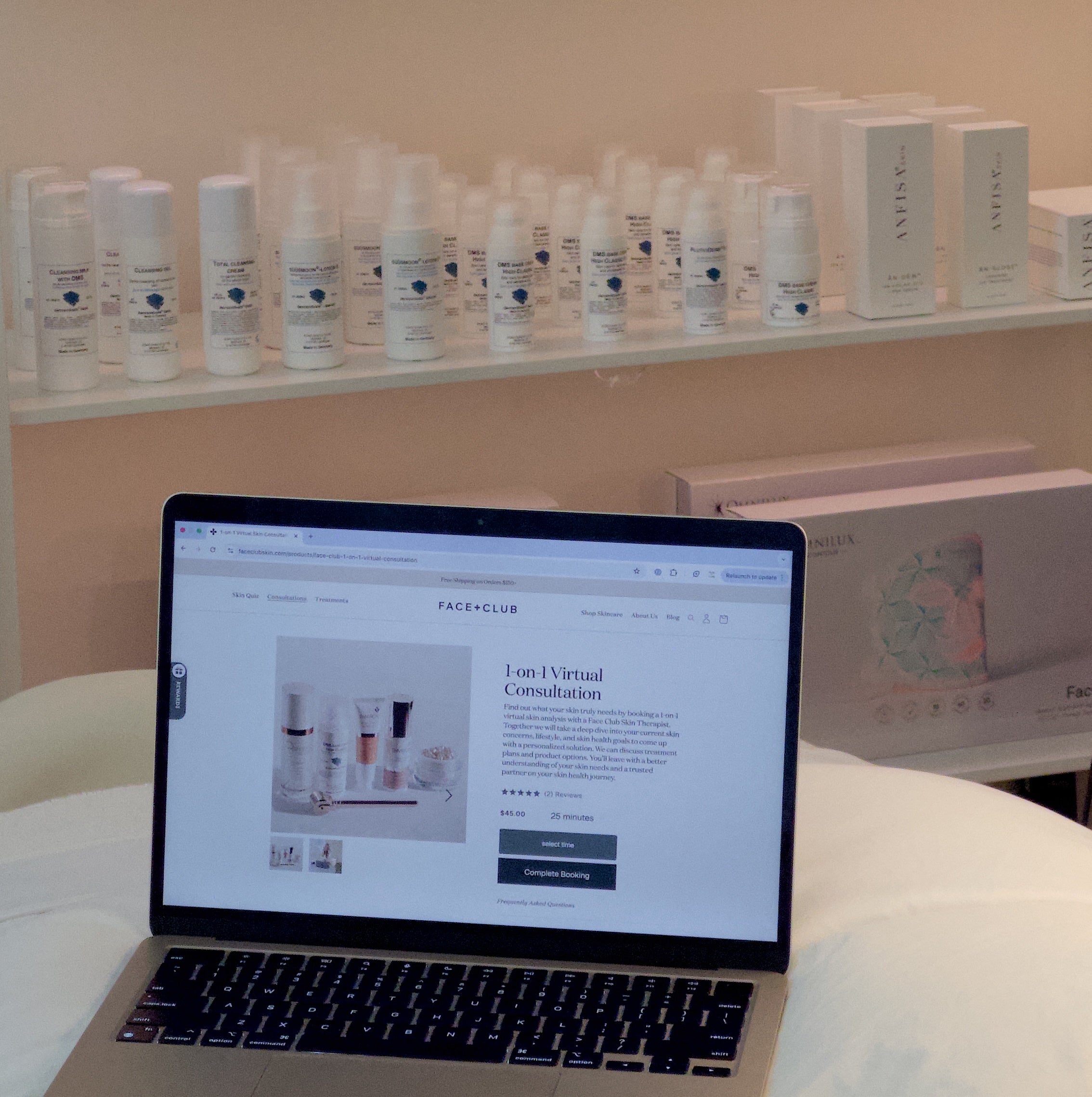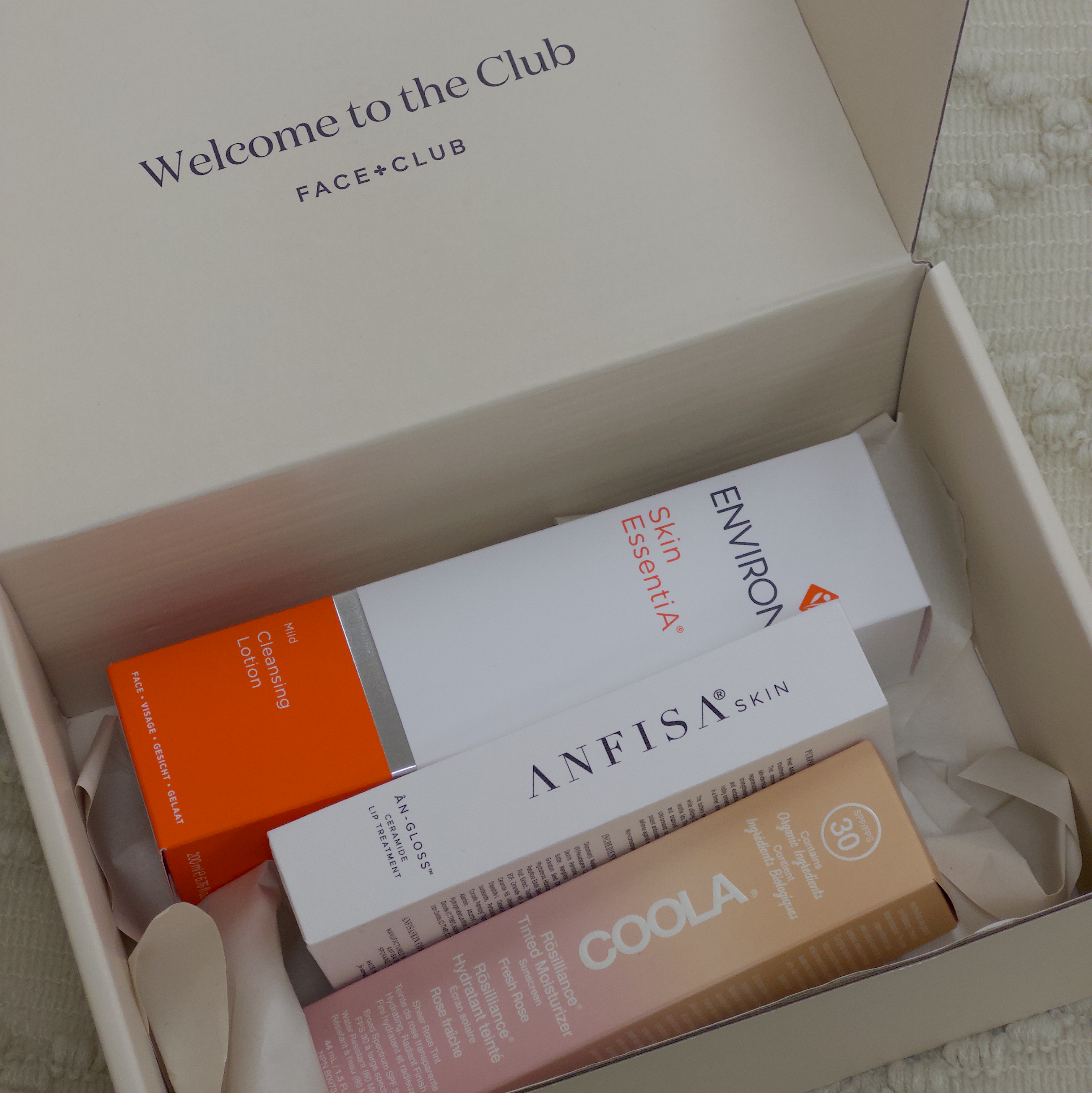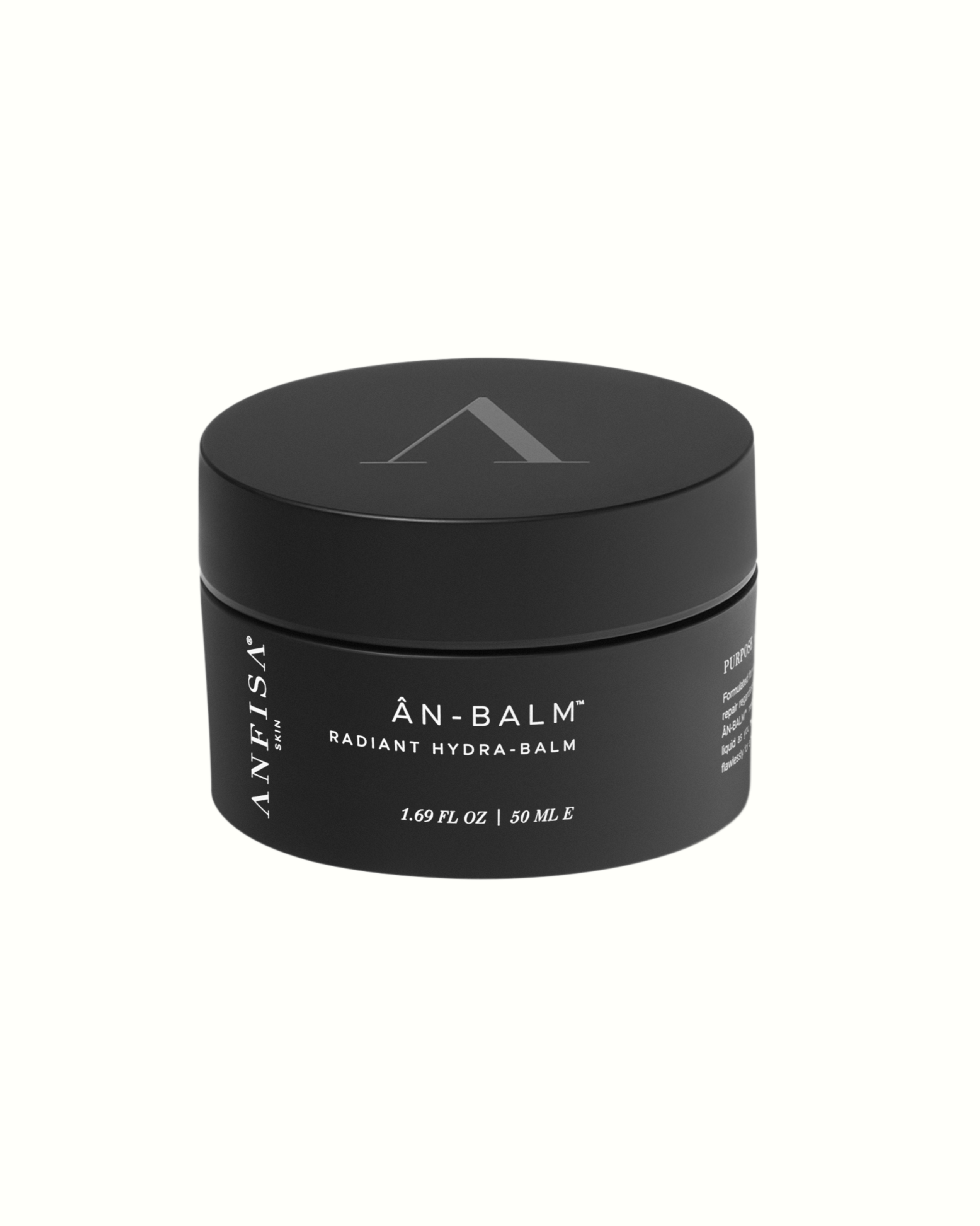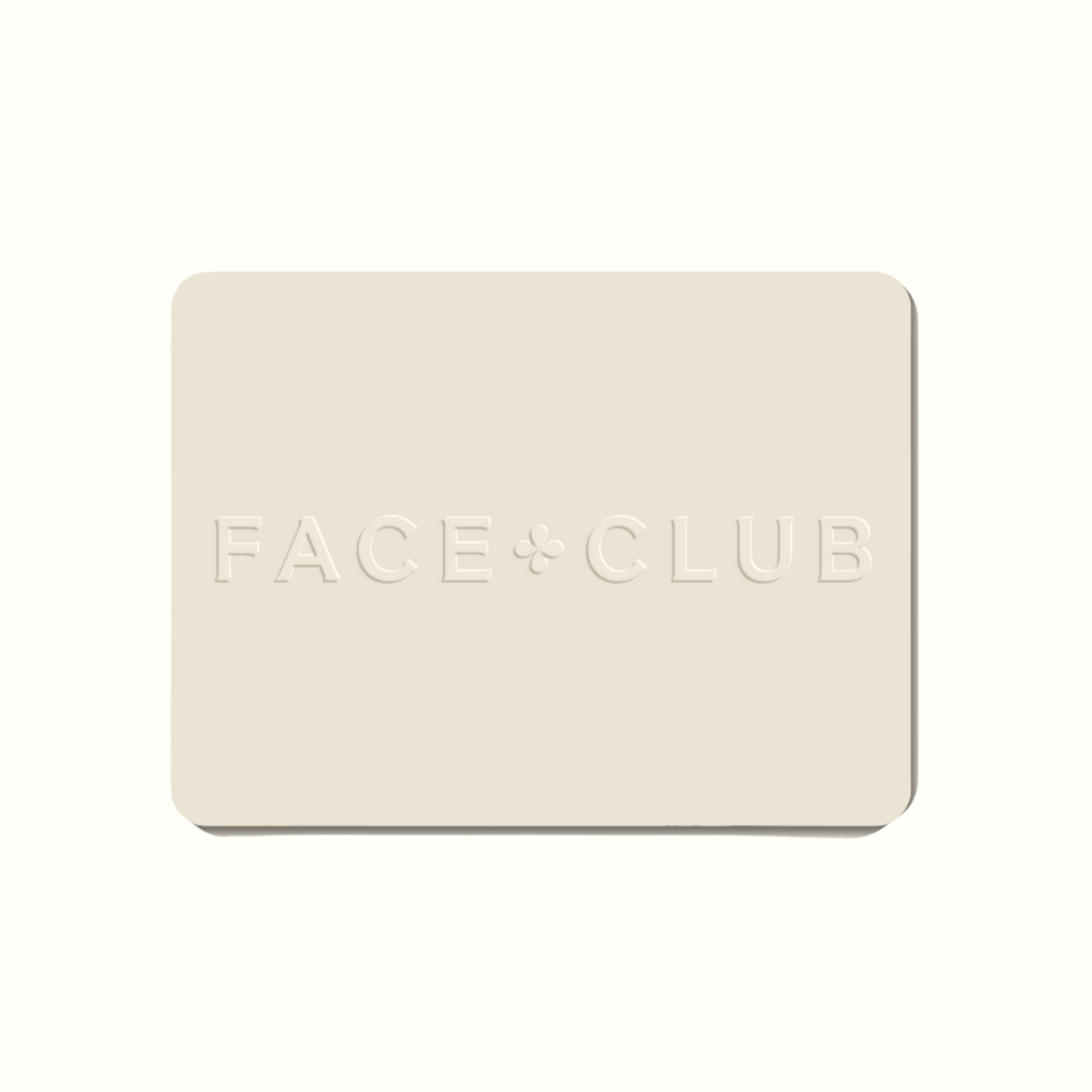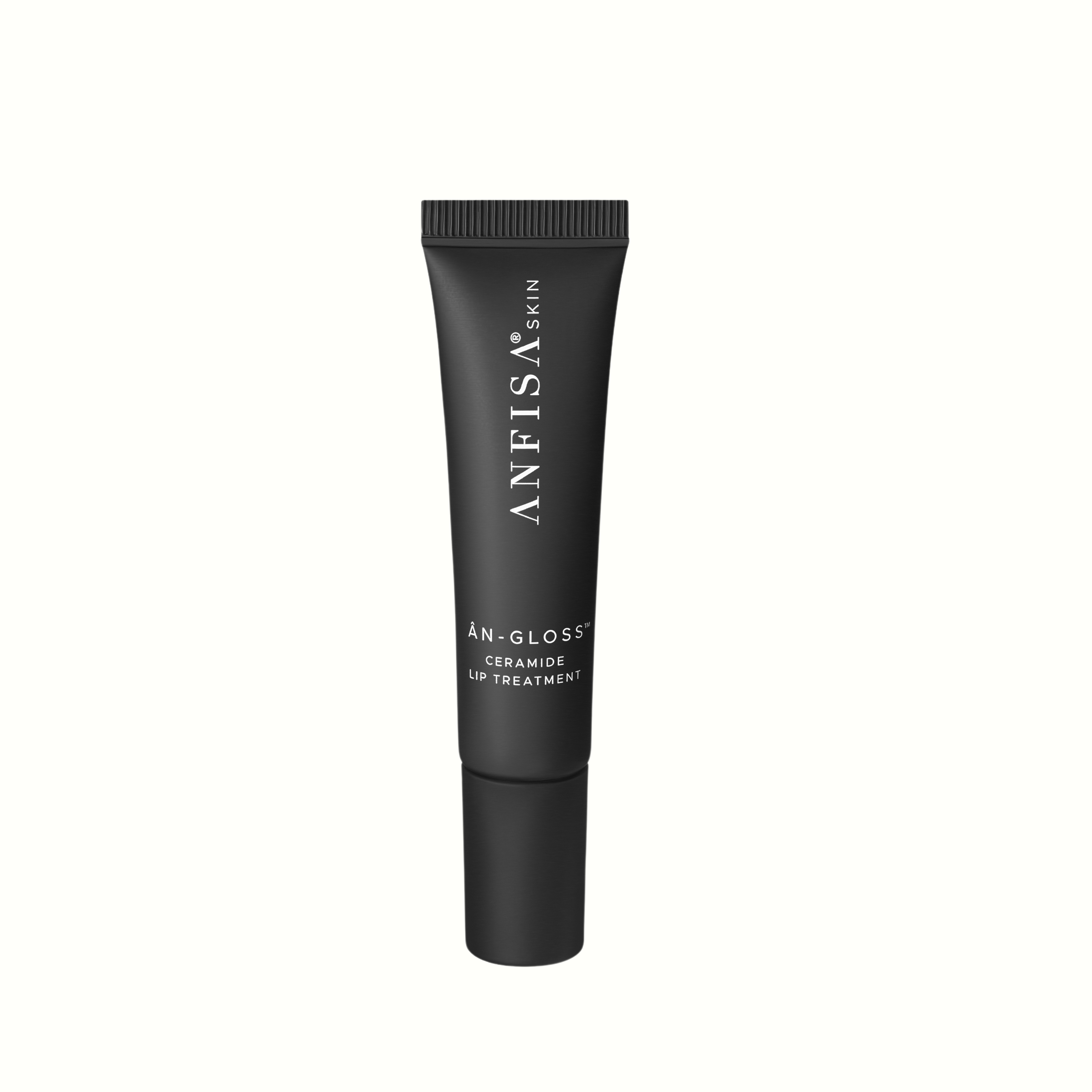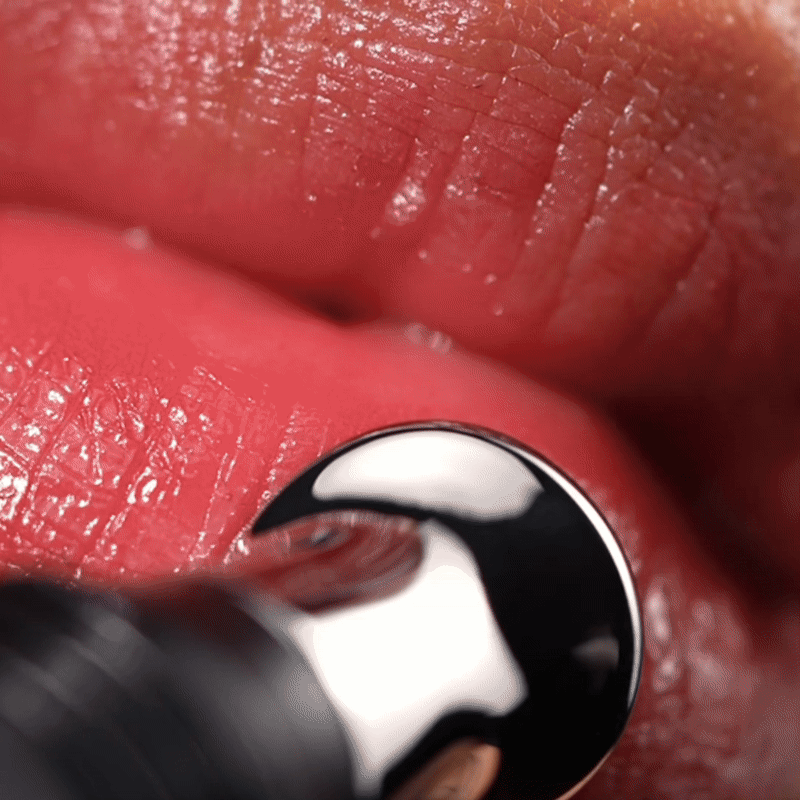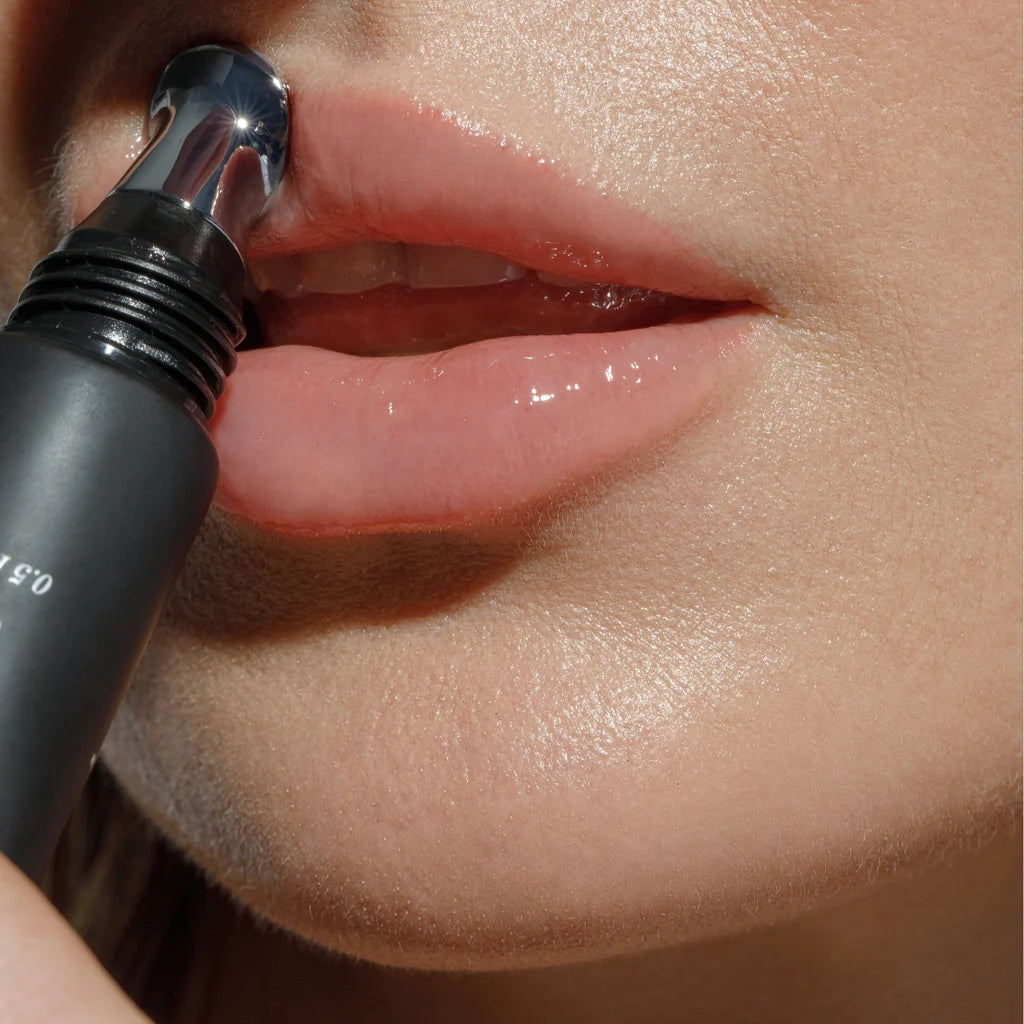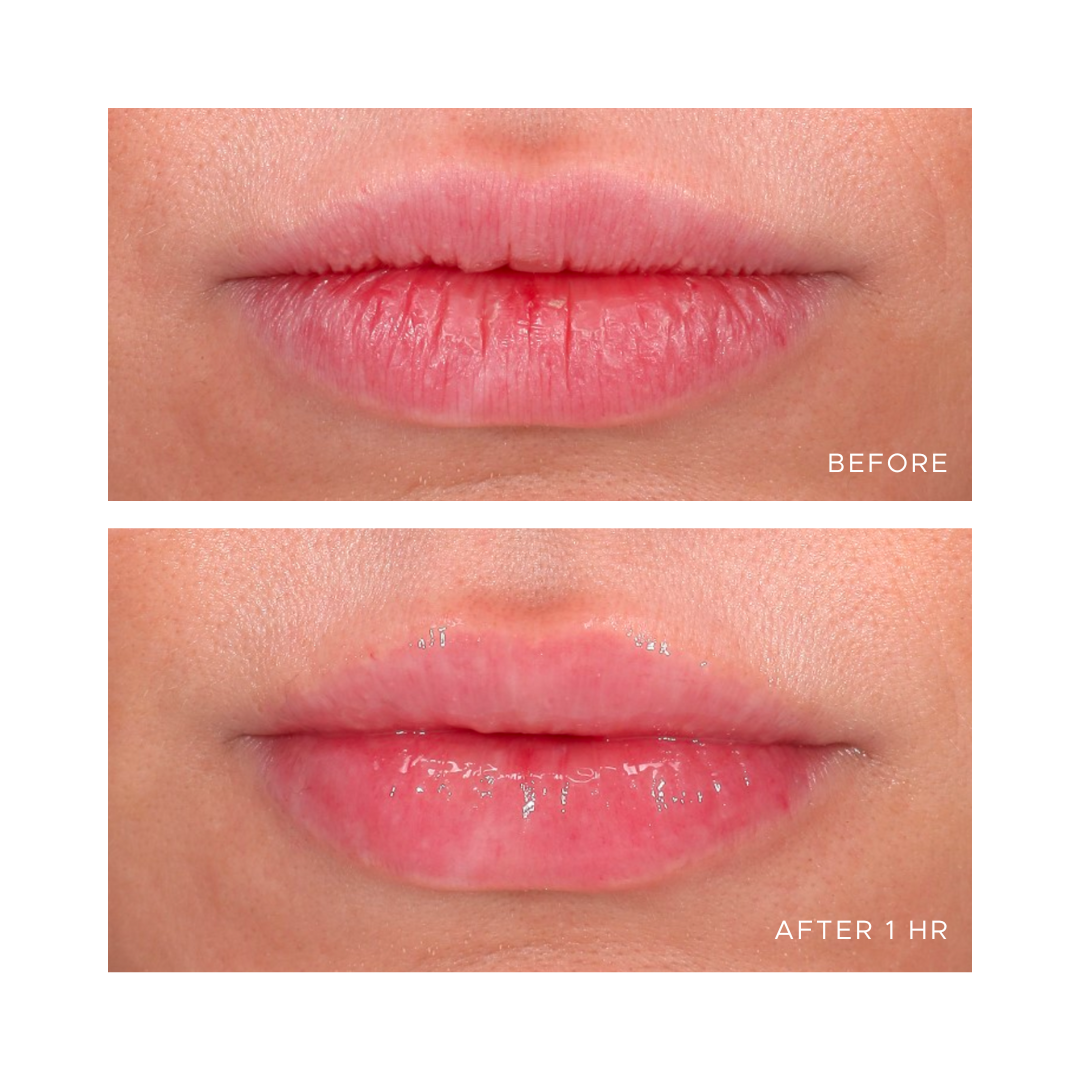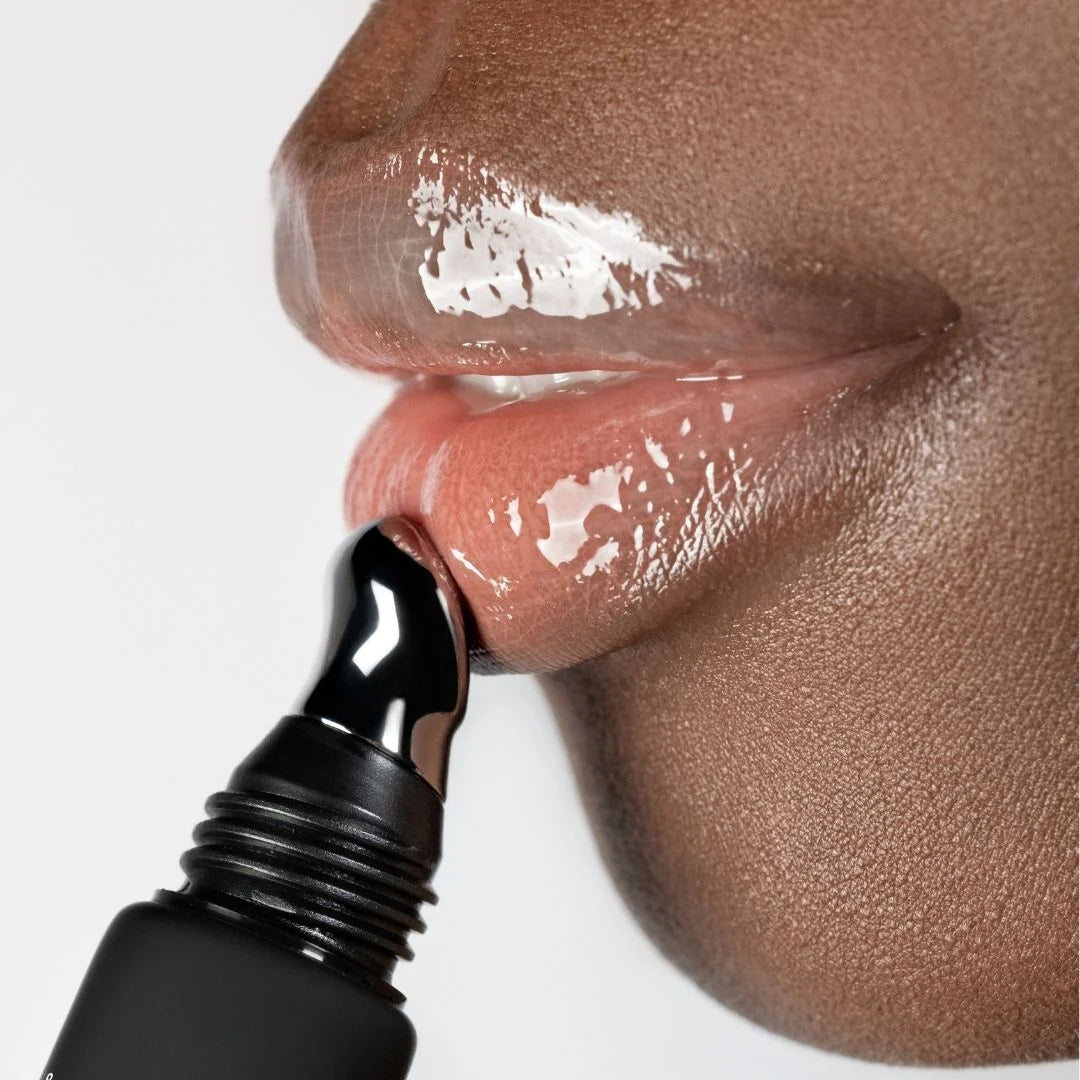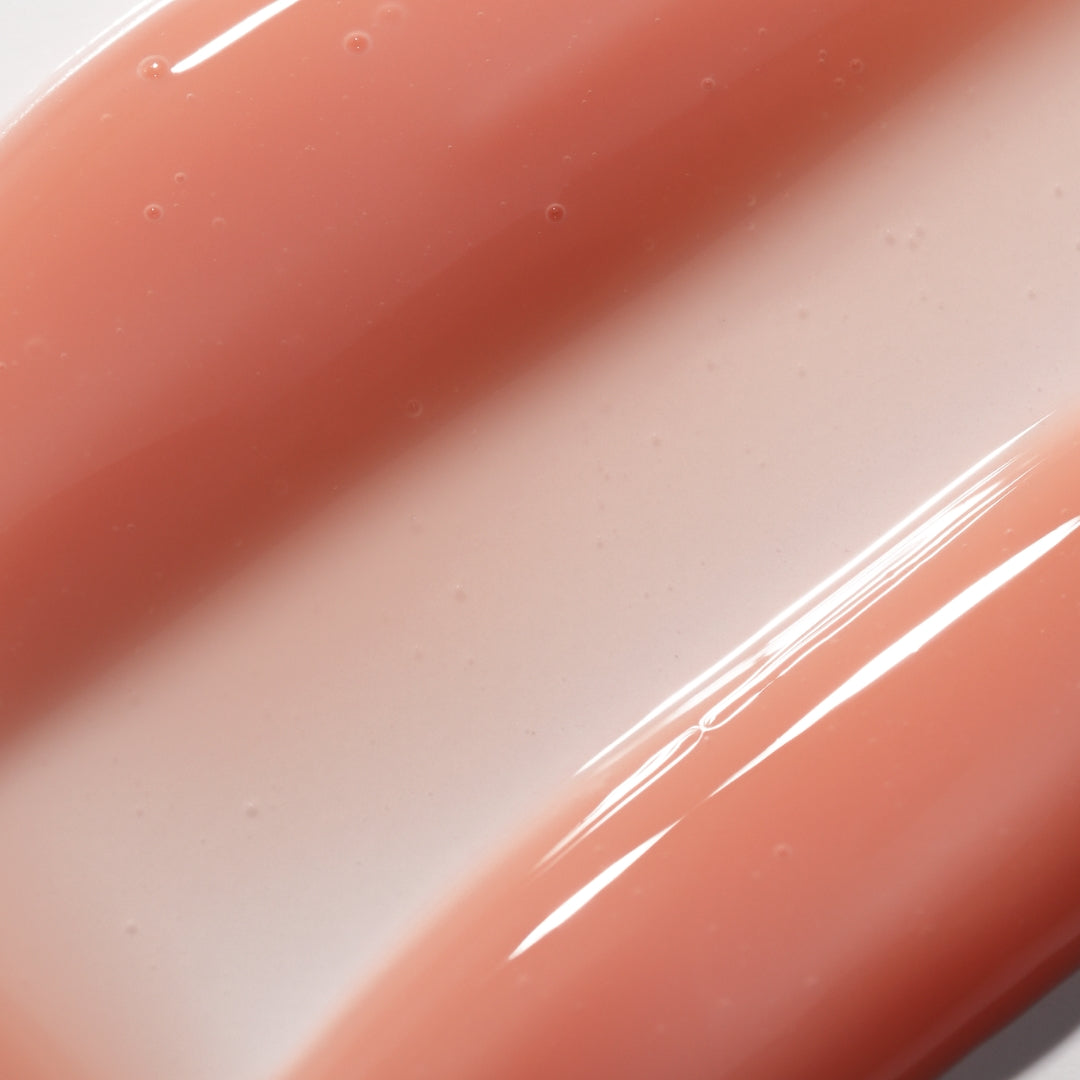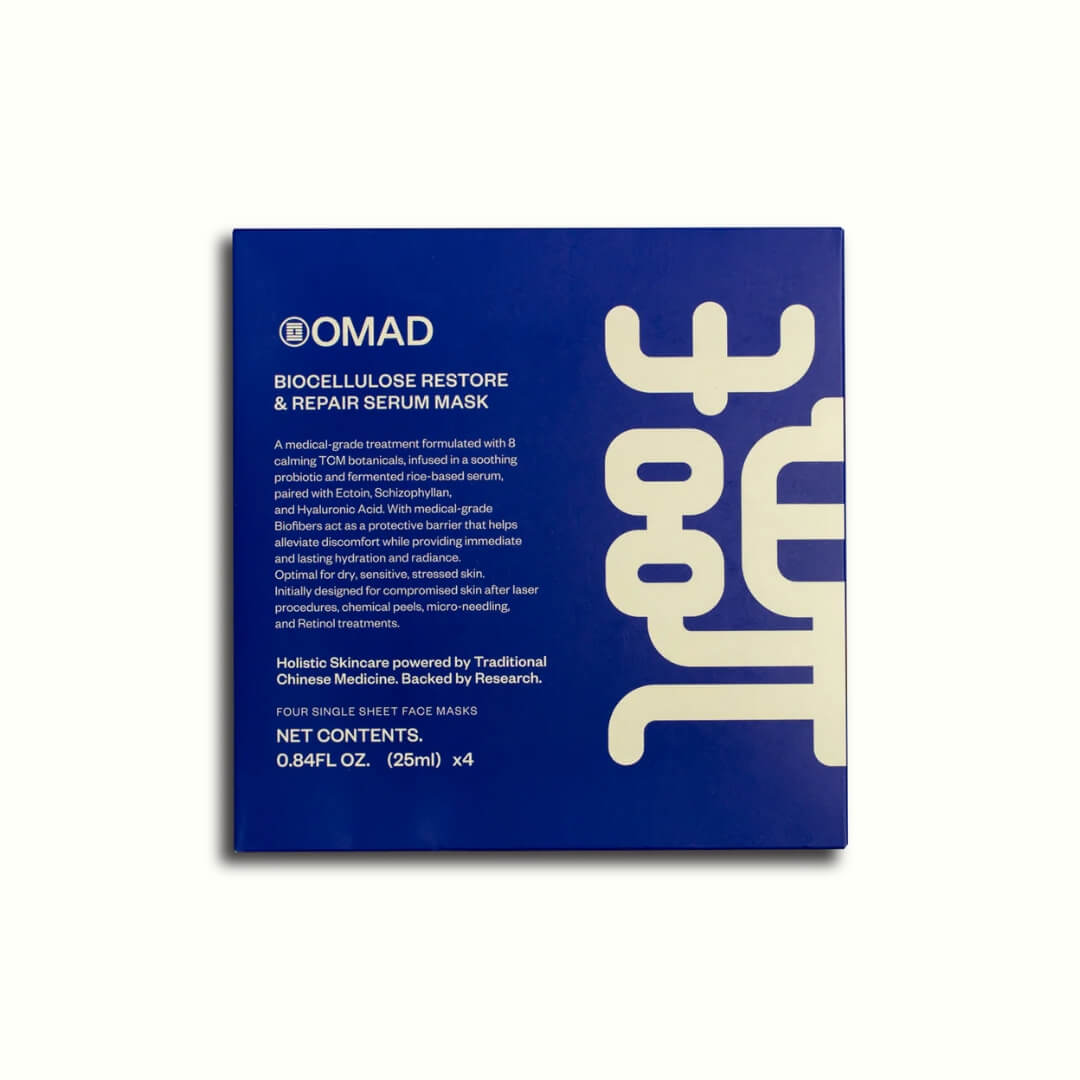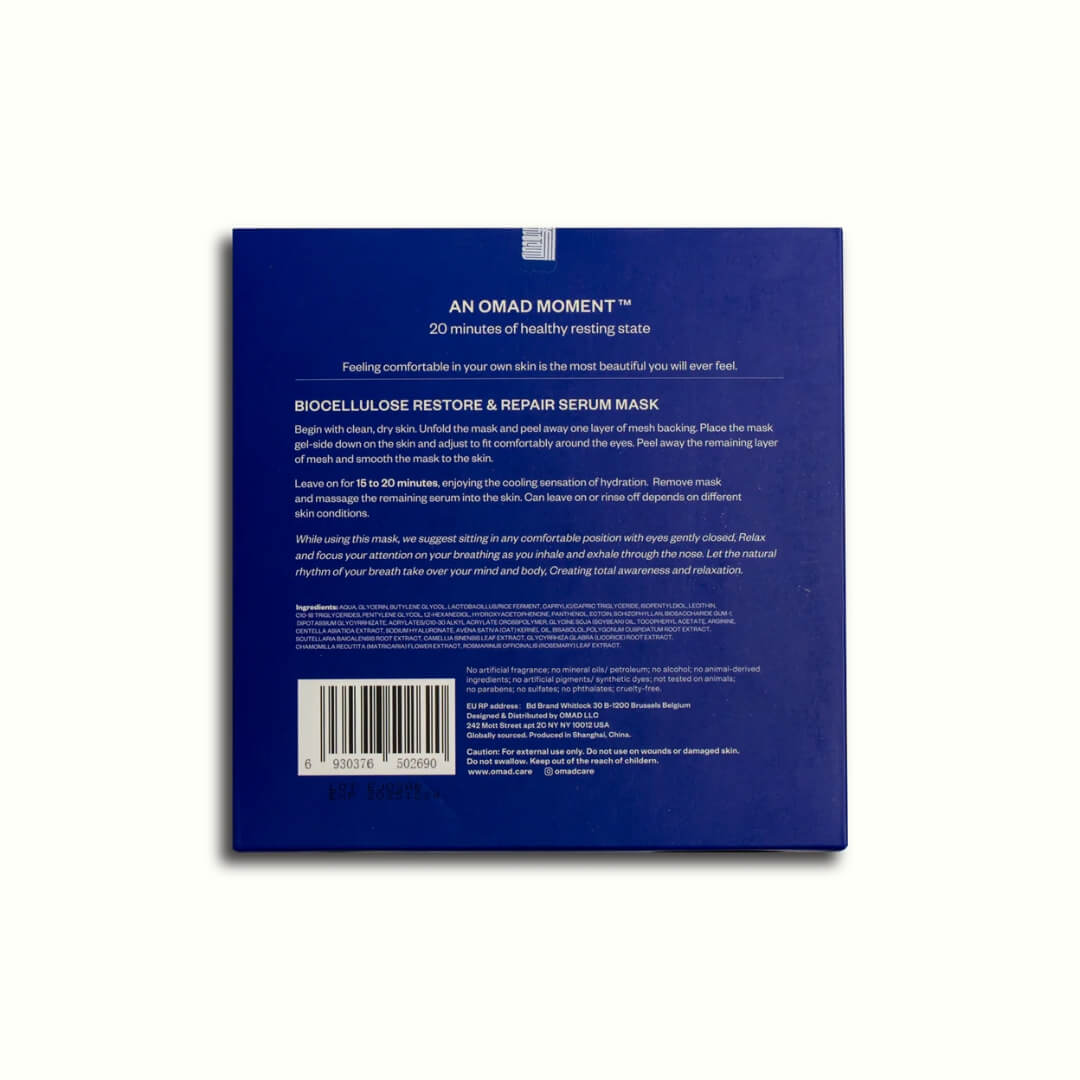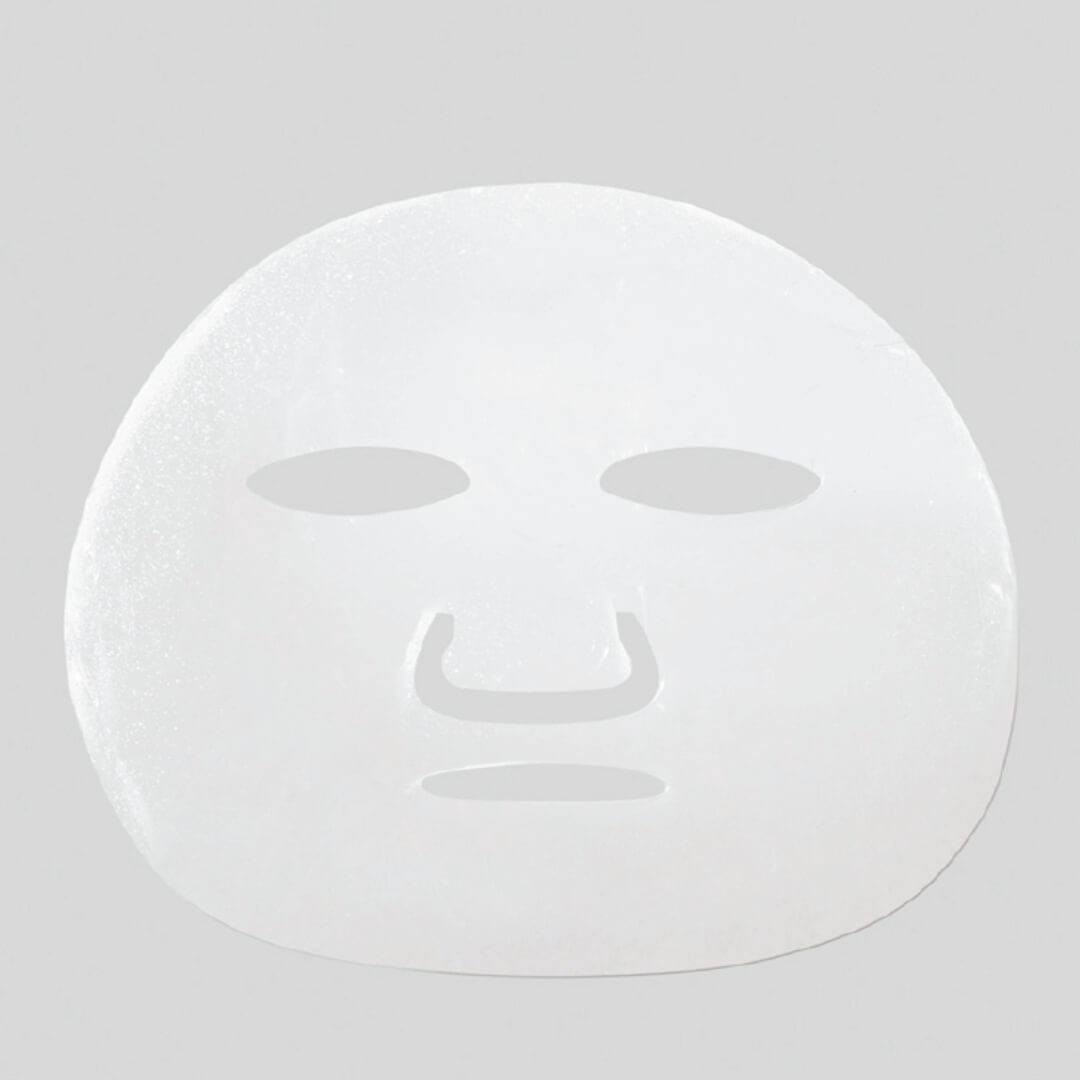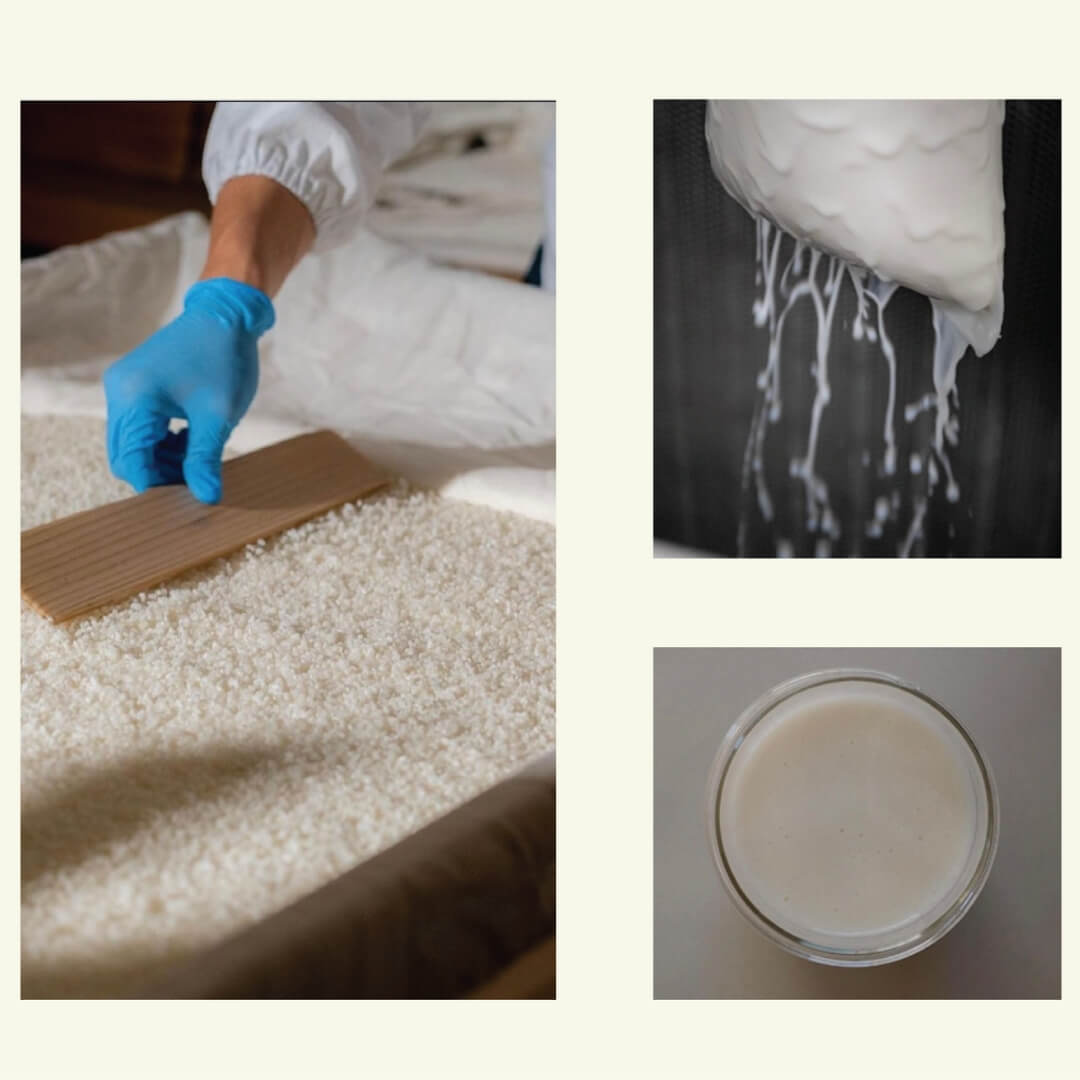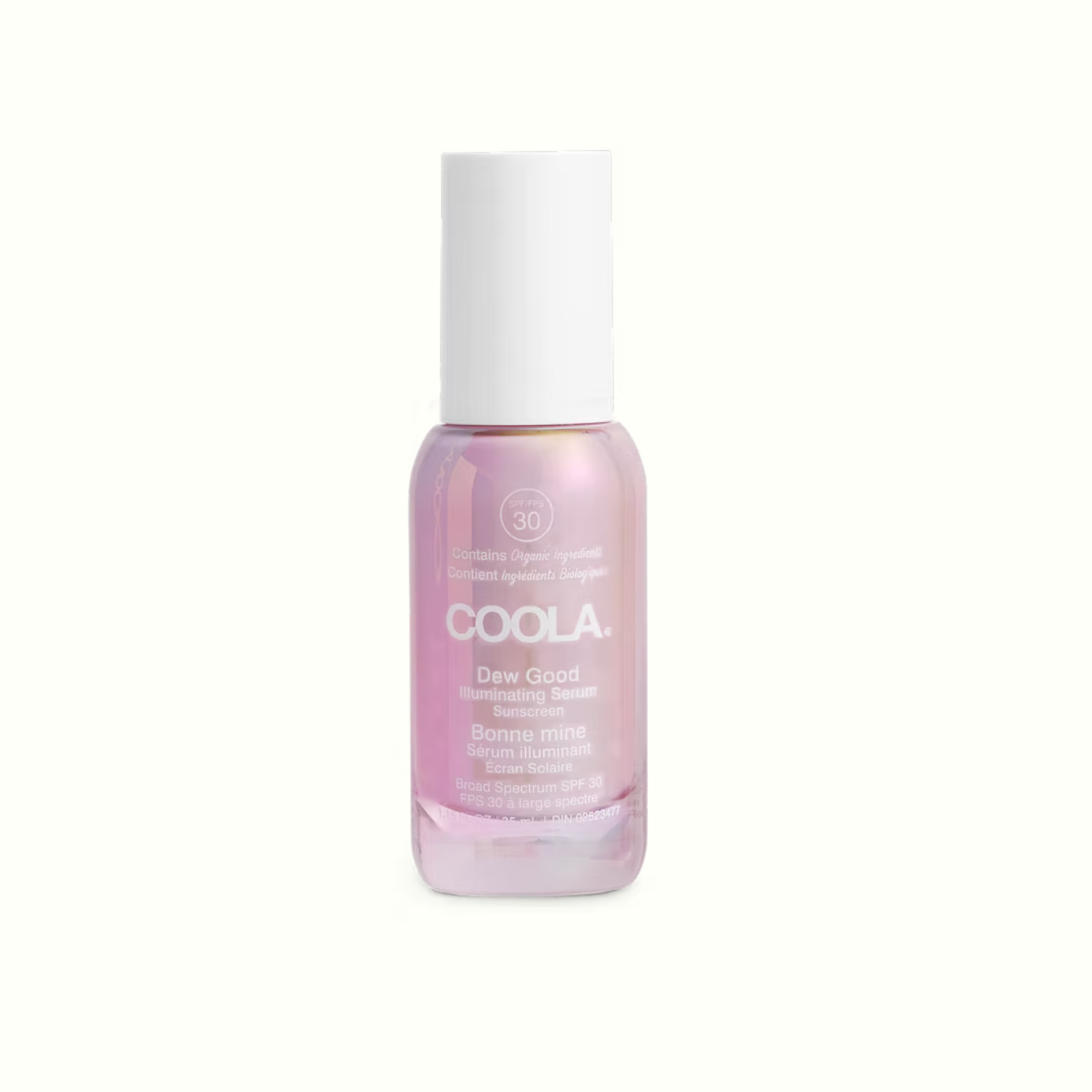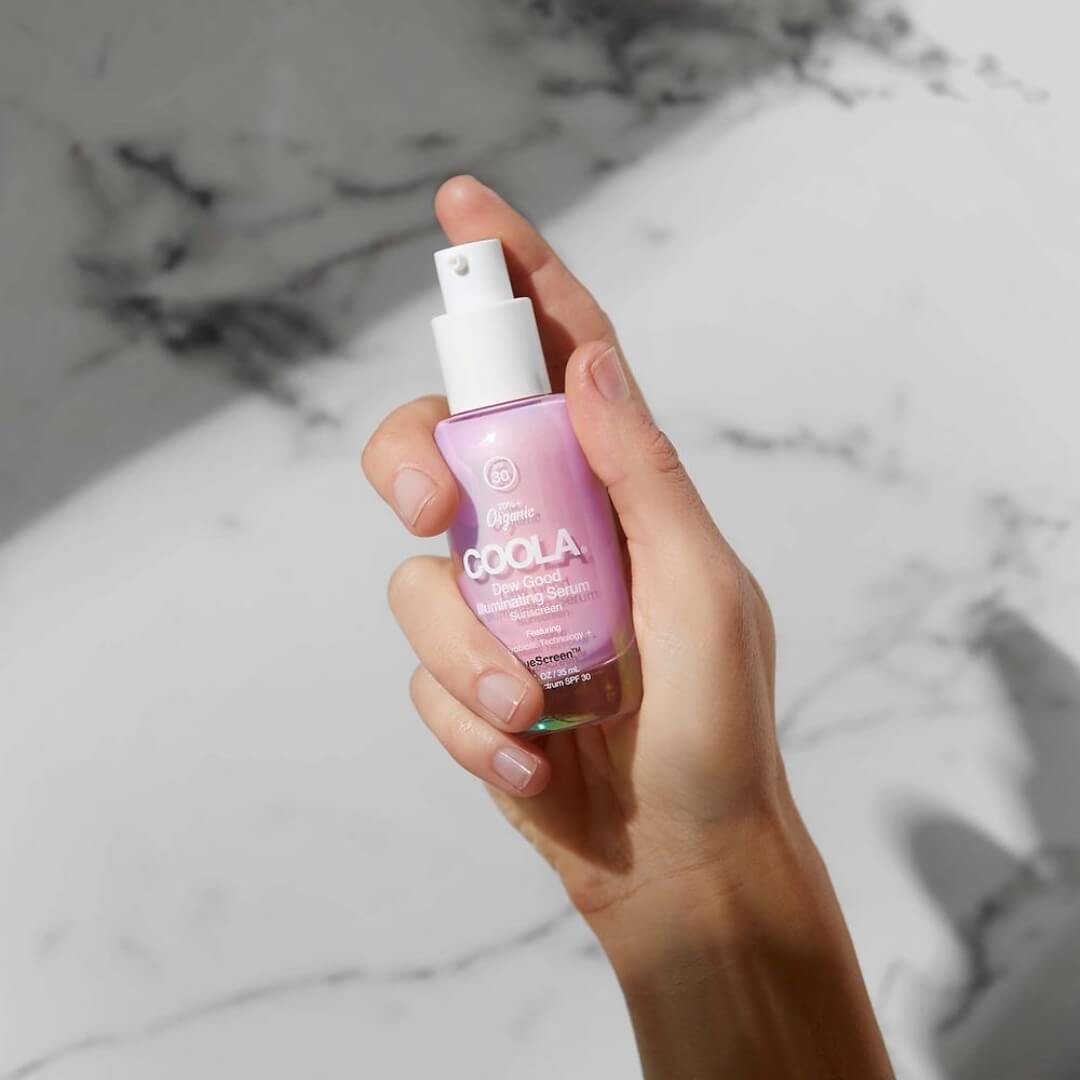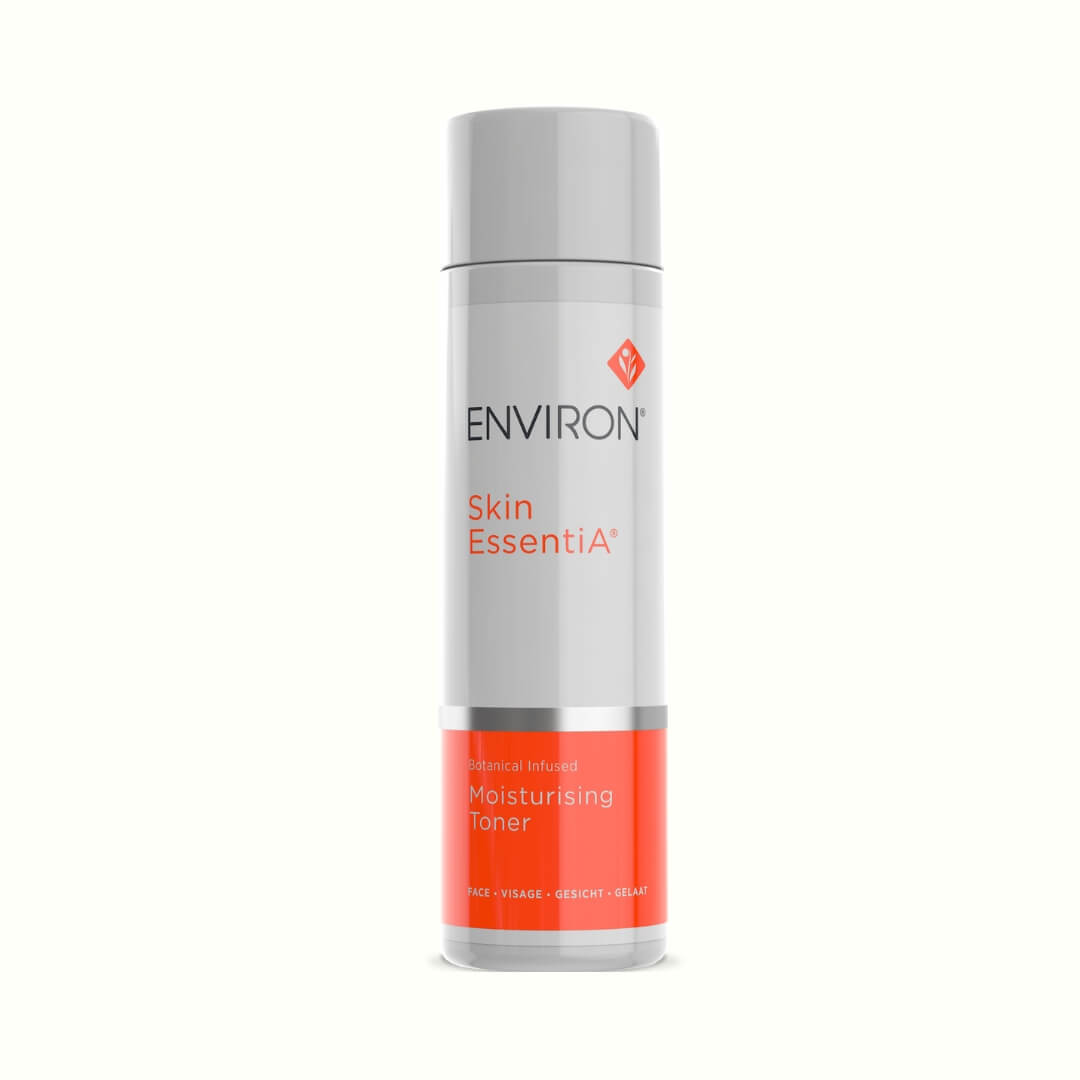What is Acne and How Does it Form?
Acne is a common skin condition that is caused by the development of c. acnes bacteria in combination with sebum and corneocytes within the hair follicle. This leads to inflammation (white blood cells rushing to heal the area) which can create pustular or cystic acne. Acne can range from a mild, occasional pimple to severe cystic acne which can cause significant emotional distress.
It can be caused by hormones, genetics, food intolerances, gut issues, and stress. It can be helpful to try to understand the underlying causes of acne so that the topical skincare and supplements can work effectively.
10 Tips to Manage Breakouts
1. Switch to a non-stripping cleanser to restore optimal skin barrier function
Face Club's first step in treating acne is to ensure a strong and healthy skin barrier. We recommend opting for a non-stripping cleanser like the Environ Low Foam Cleansing Gel. This can be used morning and night to effectively cleanse the sin without disrupting the natural balance of the skin.
2. Introduce a retinoid product to increase skin cell turnover
Retinoids are the most clinically proven ingredients for acne prone skin. This is because Vitamin A increases skin cell turnover, which reduces the chance of the pores becomes blocked and infected, which leads to acne. Osmosis Clarify and Environ Vitamin A, C, E, Oil are our most powerful Vitamin A’s for acne. Both contain antioxidants and soothing ingredients to simultaneously calm inflammation.
3. Utilize antioxidants and SPF to prevent scarring
Coola offers multiple antioxidant rich SPF options to safely protect the skin. All Coola products we offer are non-comedogenic and acne safe. We especially love the Mineral Matte for acne prone skin as it creates a shield to block UV, preventing inflammation and scarring.
4. Use a mask weekly to exfoliate and decongest
A targeted mask can make a big difference. We love Environ Sebu Clear Masque to target acne causing bacteria and reduce inflammation. This is applied for 10-20 minutes 1-2x per week. It contains Lactic and Salicylic Acid, both powerful exfoliants for smooth, clear skin.
5. Wash pillowcases and towels regularly (without fabric softener)
Pillowcases and towels can harbour bacteria if not sanitized enough. We recommend you wash these 3x weekly and don't use overly scented detergents/fabric softeners. These can aggravate inflammatory skin conditions like acne and eczema.
6. Eat more anti-inflammatory foods like wild caught fish, berries, avocado, olive oil and leafy greens
The North American diet is typically higher in Omega 6's than Omega 3's, which Scientists believe leads to more inflammation. Chronic inflammation can lead to multiple diseases, acne being one of them. Including more nutrient rich foods and Omega 3 fatty acids will improve your skin and overall health.
7. Manage stress
Cortisol can directly increased sebum production. Working on managing stress and finding selfcare practices that work for you will positively impact not only your skin but your overall well being.
8. Stay hydrated
Drink 8-10 cups of water daily to ensure optimal hydration.
9. Introduce Targeted Supplements
Skin Accumax is a worldwide best-seller that is excellent for treating and preventing acne. It contains a patented combination of Vitamin A, C, and phytonutrient DIM to promote a clear complexion. Skin Omegas+ are excellent at reducing inflammation and balancing oil production in the skin. Finally, a good probiotic can be a game-changer in preventing breakouts. Advanced Nutrition Programme's SCB4 contains specific strains that reduce acne causing bacteria.
10. Consult a Skin Therapist or Dermatologist
If breakouts persist despite your best efforts, seek advice from a Skin Therapist or Dermatologist. While lifestyle changes, nutrition, and skincare will clear most cases, some acne requires medical attention. Face Club is here to help at any step in your acne journey.
By understanding the causes of acne and implementing these preventative tips, you can take control of your skin health and reduce the occurrence of breakouts. Consistency and patience are key—improvements take time, but with dedication, you’ll see positive changes in your skin.
Take the Face Club Skin Quiz to get your personalized recommendations or Book a Virtual Consult with a Face Club Skin Therapist to learn more.

